Nov. 28 (Bloomberg) — Russia’s ruble headed for its biggest weekly decline against the euro in at least five years as the central bank let the currency depreciate and raised interest rates to halt an exodus of foreign capital.
Bank Rossii widened the ruble’s trading band for the second time this week by about 30 kopeks (1 U.S. cent), or 1 percent, on each side, according to Mikhail Galkin, head of fixed-income and credit research at MDM Bank in Moscow. The central bank said today it will raise its benchmark refinancing rate to 13 percent from 12 percent to help stem currency losses.
Russia is among a handful of countries raising interest rates after it drained $148 billion from the world’s third largest foreign-currency reserves since August to arrest a 16 percent currency slide against the dollar. BNP Paribas SA estimates that investors pulled $190 billion out of the country since August as oil prices fell below the $70-a-barrel average required to balance Russia’s budget in 2009.
Read moreRuble Collapse Prompts Russia to Raise Rate on Currency Plight
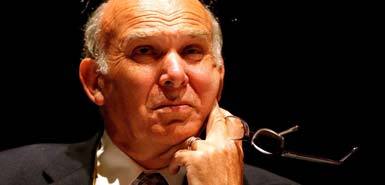
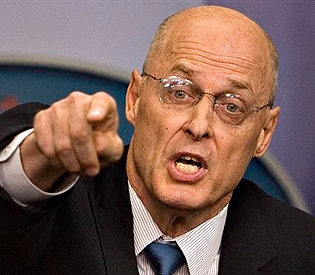


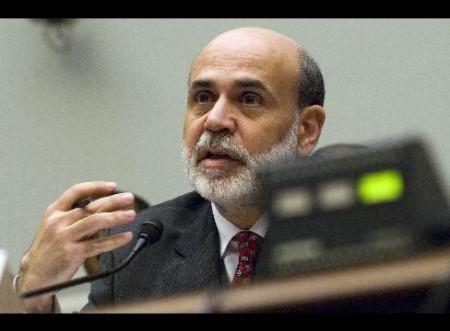
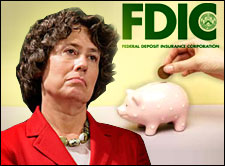
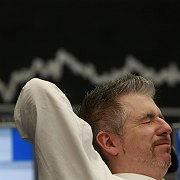 A trader reacts in front of the DAX board at the Frankfurt stock exchange.
A trader reacts in front of the DAX board at the Frankfurt stock exchange.